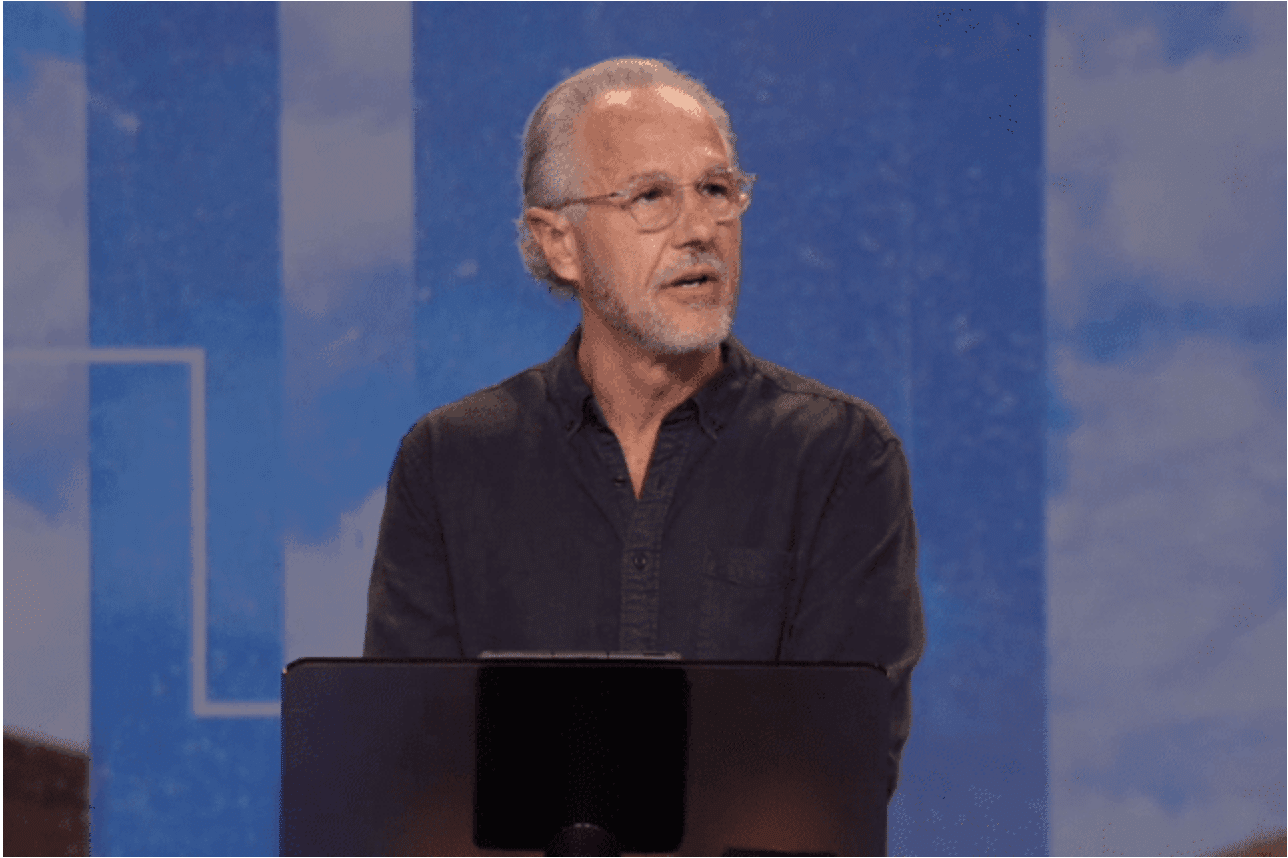In an attempt to stave off the specter of looming financial collapse, the Bank of Japan has announced a “negative interest rate,” in an effort to coerce banks into giving out more loans, thereby stimulating the economy. Japan’s economy grew only about 1.1 percent in 2015, and is predicted to grow only 1.7 percent this year.
The negative interest rate is only the latest effort by the administration of pro-nuclear prime minister Shinzo Abe to deliver on his ambitious – and thus far unsuccessful – plans to revitalize the country’s flagging economy. The Bank of Japan made it clear that it will cut interest rates even further if this current measure does not succeed at spurring an inflation rate of at least 2 percent.
The new policy does not affect consumers, but only banks. By Japanese law, banks are required to hold a certain amount of money in reserve for their customers. The interest rate on this required amount has now been set to zero. The interest rate on any money above this amount has been set to -0.1 percent – meaning that banks must pay the government 0.1 percent interest on any money above that minimum. FULL REPORT

















